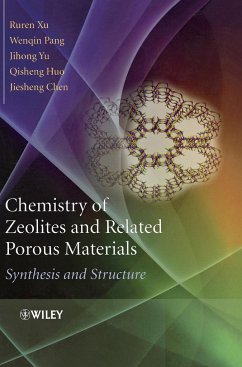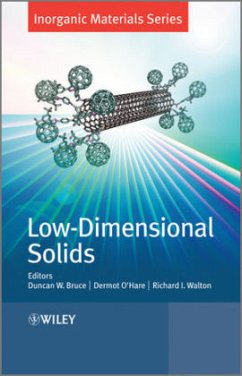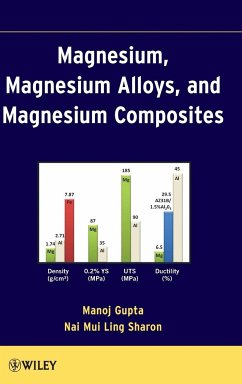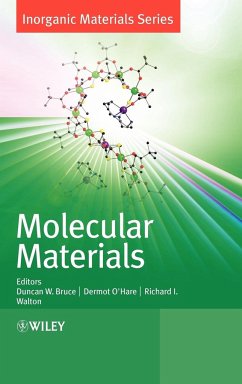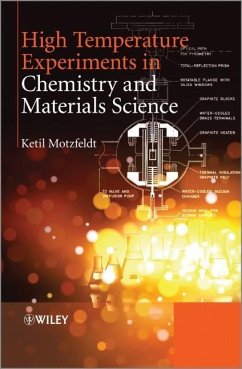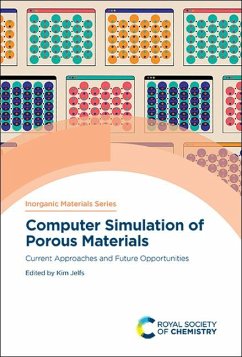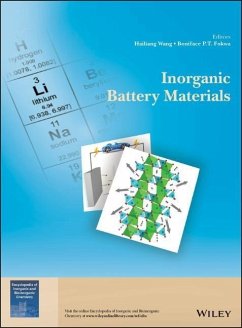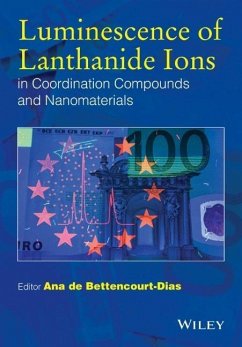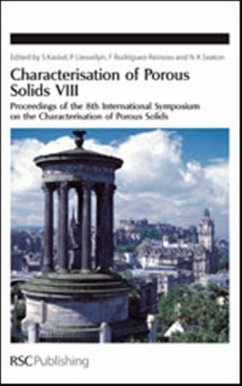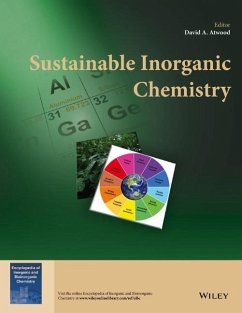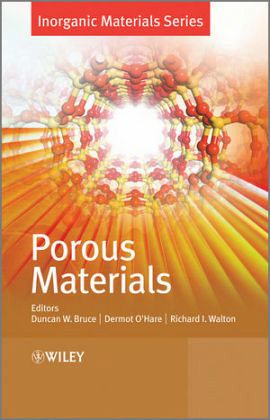
Porous Materials
Versandkostenfrei!
Versandfertig in über 4 Wochen
115,99 €
inkl. MwSt.
Weitere Ausgaben:

PAYBACK Punkte
58 °P sammeln!
Porous Materials focuses on the exciting field of porous materials, in which there have been a number of significant breakthroughs in the design and processing of novel porous materials. The authors demonstrate rapid growth of emerging applications, such as energy conversion and storage, catalysis, tissue engineering, drug delivery, medical diagnosis, and photonics. Ideal for graduate students and researchers in inorganic chemistry and solid-state physics, the chapters in this volume cover inorganic zeotypes, ordered mesoporous materials, silicates, metal oxides, and advances in silicate zeoli...
Porous Materials focuses on the exciting field of porous materials, in which there have been a number of significant breakthroughs in the design and processing of novel porous materials. The authors demonstrate rapid growth of emerging applications, such as energy conversion and storage, catalysis, tissue engineering, drug delivery, medical diagnosis, and photonics. Ideal for graduate students and researchers in inorganic chemistry and solid-state physics, the chapters in this volume cover inorganic zeotypes, ordered mesoporous materials, silicates, metal oxides, and advances in silicate zeolite chemistry, among other topics.




